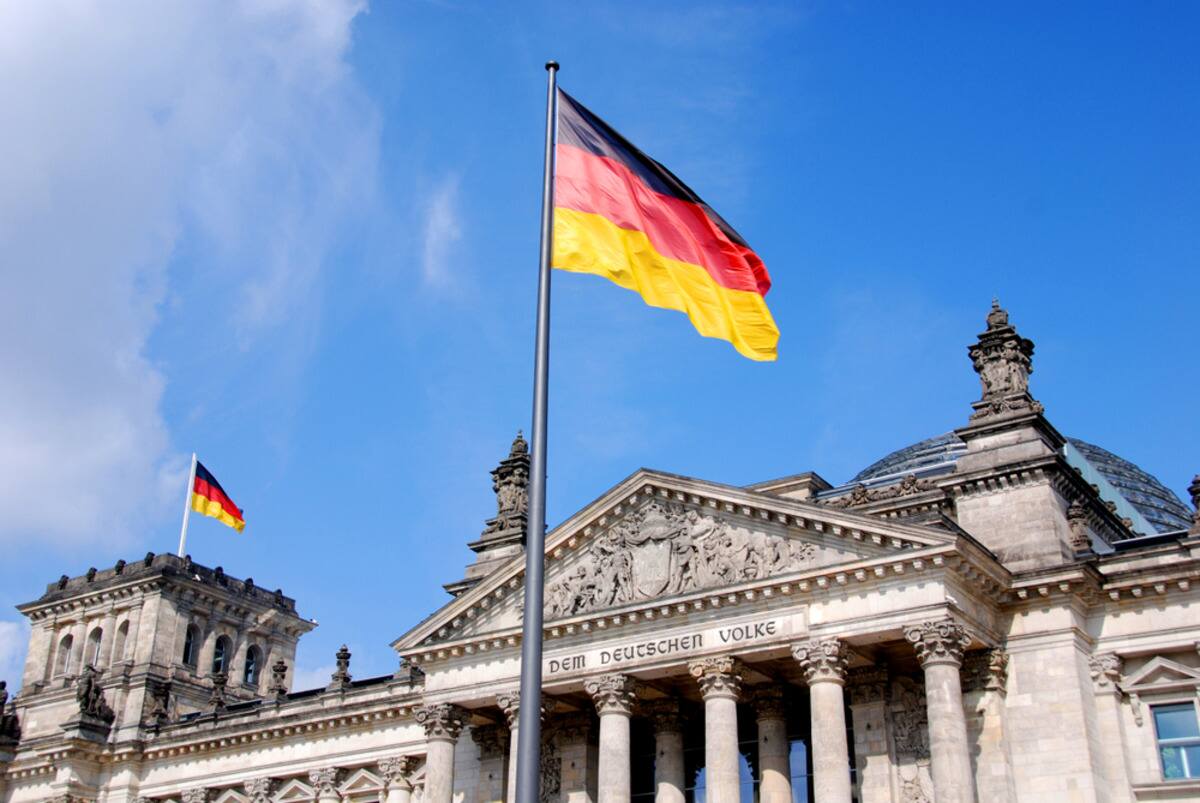Germany’s manufacturing sector witnessed a sharp decline in activity last month with a dip in new orders, purchasing activity, and employment. Goods producers in the eurozone’s largest economy were also less optimistic about their growth prospects in the coming year despite price pressures easing. Costs remained relatively stable in August, while average factory gate charges witnessed the smallest monthly fall since the current sequence of discounting began. However, manufacturers cited higher transport costs last month.
The HCOB Germany Manufacturing PMI remained on a downward trajectory in August, dropping for the third month in a row and moving deeper into sub-50 contraction territory. Its latest reading of 42.4 was down from July’s 43.2 and the lowest since March.
“The recession in Germany’s manufacturing sector is dragging on way longer than anyone expected. August saw an even steeper drop in incoming orders, killing off any hope for a quick bounce back,” stated Dr. Cyrus de la Rubia, chief economist at Hamburg Commercial Bank.
New orders weigh on growth prospects
A sharp decrease in new orders across Germany’s manufacturing sector in August was the main factor weighing on the headline index. Inflows of new work reported the steepest decline since November last year, amid reports of hesitancy among customers and weak demand from the construction sector. The downturn in new export orders also deepened midway through the third quarter, with foreign sales falling to the greatest extent for nine months.
“The HCOB PMI shows that the downturn has been going on since mid-2022, which is unusually long. Normally, over the last 30 years, the industry has managed to recover within a maximum of 20 months of a recession starting,” added de la Rubia.
The latest data also revealed another decline in production volumes across Germany’s manufacturing sector. Although the rate of contraction eased slightly since July, it was still the second-quickest over the past six months and faster than the average over the current sequence of decline that began in May last year.
Weak demand improves vendor performance
The downturn in purchasing activity across Germany’s manufacturing sector also gathered pace in August, reflecting falling workloads and attempts to run down stocks of purchases. The decline in buying levels was the most marked for 10 months.
Weak demand across supply chains led to a further decline in delivery times on inputs in August for the 22nd month in a row. The extent to which vendor performance improved was slightly better than in July, but still among the least pronounced.
“The recession is still hitting the consumer goods sector, and it is also dragging down the intermediate and capital goods industries. The downturn has become more pronounced in the intermediate goods sector, while the reduction in production in the capital goods sector has slowed slightly compared to the previous two months,” he added.
Read | Business sentiment in Germany falls in August, economic recovery hopes down: Report
Future outlook
August’s survey showed another decline in business confidence across Germany’s manufacturing sector. Expectations retreated further from June’s 28-month high to the lowest since March, reflecting declining order books and concerns for the economy.
“With new orders declining again, and at a slightly faster pace, there’s little hope that the capital goods sector will see any expansion in the coming months,” added de la Rubia.
For more economy news, click here.




